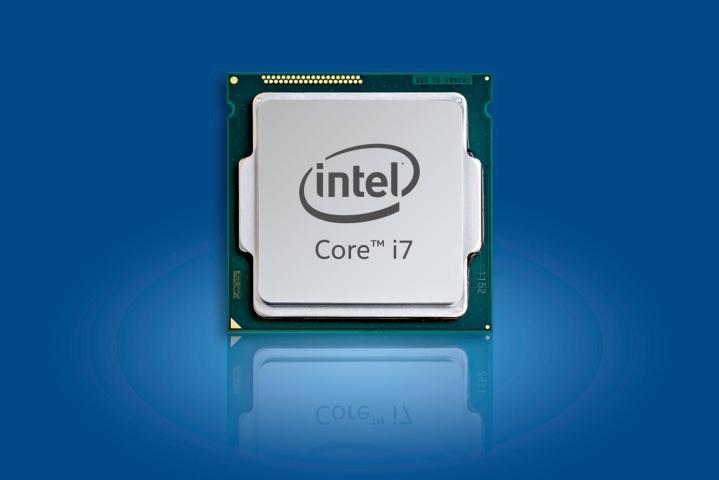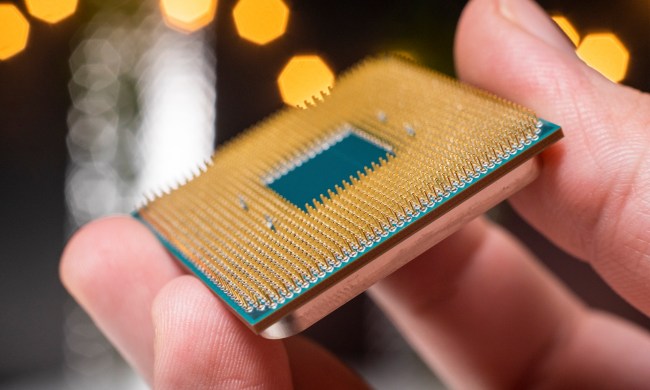
Releasing a statement to PC World about the shift, an Intel representative said “Intel regularly issues updates for our processors which our partners voluntarily incorporate into their BIOS. The latest update provided to partners includes, among other things, code that aligns with the position that we do not recommend overclocking processors that have not been designed to do so. Additionally, Intel does not warranty the operation of the processor beyond its specifications.”
Of course, current non-K processor owners can skip this update by avoiding any bios updates to the motherboard within their custom build. At least one manufacturer is already rolling out the update that shuts down the overclocking loophole. More motherboard manufacturers are likely to follow in the coming weeks.
While a variety of negative effects could impact the life of a non-K processor that’s significantly overclocked, the elimination of a cheaper overclocking option will push users back to more expensive supported chips as well as increase the number of users that purchase a protection plan on the CPU. Since the official Intel warranty doesn’t cover damage by overclocking, Intel sells a “Performance Tuning Protection Plan” on i5 and i7 processors ranging from $20 to $35 depending on the model.


